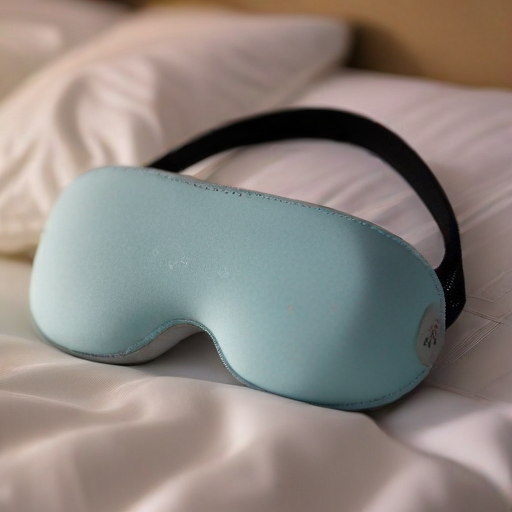The sleep industry has seen a surge in popularity, catering to America’s growing insomnia problem. Many individuals are increasingly investing in various products, including high-tech gadgets and premium mattresses, in an effort to improve their sleep quality. Yet, the fundamental question remains: how effective are these solutions?
In the latest episode of Quartz Obsession, host Rocio Fabbro speaks with Dr. Michael Breus, a renowned clinical psychologist and sleep specialist, to unpack the complexities surrounding sleep and insomnia. Dr. Breus provides insights into why so many are tinkering with their sleep routines and what various factors contribute to the struggle to get a good night’s sleep.
One of the primary points discussed is the evolving understanding of insomnia. With stress levels higher than ever, especially in modern society, the causes of insomnia have shifted. Dr. Breus cites a significant link between mental health concerns, such as stress and anxiety, and sleep disorders. He emphasizes that a whopping 75% of insomnia cases stem from such psychological issues, while environmental factors, including increased screen time and alcohol consumption, also contribute significantly.
Further, the episode delves into how technological advancements, such as improved understanding of chronotypes—our body’s natural tendency for sleep patterns—can help individuals align their lifestyles for better sleep. Dr. Breus highlights an essential revelation: instead of aiming for a fixed number of sleep hours, individuals should focus on the quality of their sleep and how they feel upon waking.
Practical strategies are offered, including steps on how to establish a consistent sleep schedule, avoid excessive caffeine and alcohol consumption, and engage in physical activity. Dr. Breus underscores the importance of waking up at the same time every day — a practice that can improve the body’s natural sleep rhythm and contribute to overall better health.
As the episode wraps up, the conversation turns to the future of sleep research, hinting at exciting possibilities driven by AI and other technologies to enhance our understanding of sleep disorders and improve treatments available for those affected.
This exploration not only emphasizes the critical nature of sleep in our daily lives but also provides a glimmer of hope as scientific advancements continue to unfold. With better understanding and strategies, there is potential for many to improve their sleep quality and, by extension, their overall quality of life.
